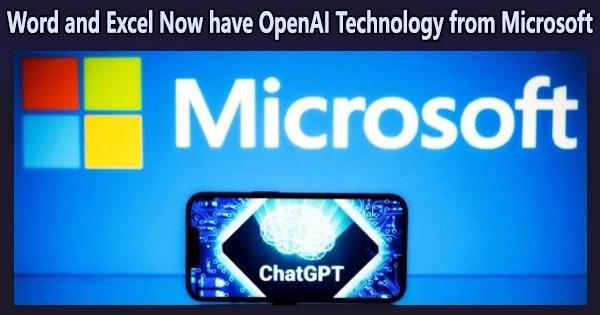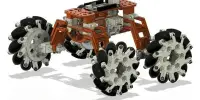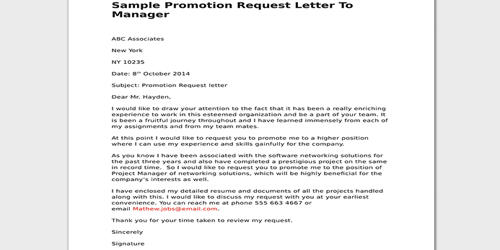In its Microsoft 365 corporate software suite, Microsoft is integrating generative artificial intelligence technologies like the well-liked ChatGPT messaging tool.
The industry leader in workplace technology announced on Thursday that its most well-liked business apps, Word, PowerPoint, and Excel, will now have the new Copilot A.I. features.
The Copilot technology is built upon a type of artificial intelligence software known as a large language model, or LLM. In recent years, researchers have enhanced LLM skills to make them more able to comprehend and react to text.
The rise of generative artificial intelligence systems, best demonstrated by LLMs that can perform activities like produce images based on written prompts and have in-depth conversations with humans via chat interfaces, has captured the attention of the technology industry.
“Today marks the next major step in the evolution of how we interact with computing, which will fundamentally change the way we work and unlock a new wave of productivity growth,” Microsoft CEO Satya Nadella said in a statement. “With our new copilot for work, we’re giving people more agency and making technology more accessible through the most universal interface natural language.”
Microsoft is pitching the Copilot features as being more powerful than simply being “OpenAI’s ChatGPT embedded into Microsoft 365,” the company said in an announcement. The company said that the new Copilot in Word feature will give people a “first draft to edit and iterate on saving hours in writing, sourcing, and editing time.”
Today marks the next major step in the evolution of how we interact with computing, which will fundamentally change the way we work and unlock a new wave of productivity growth. With our new copilot for work, we’re giving people more agency and making technology more accessible through the most universal interface natural language.
Microsoft CEO Satya Nadella
However, Microsoft added that “sometimes Copilot will be right, other times usefully wrong,” acknowledging that current LLM technology can produce inaccurate responses. For instance, the company’s recent debut of a new generative AI-powered Bing chat tool sometimes produced responses containing factual inaccuracies and occasionally eerie dialogue.
Microsoft executives demonstrated some of the capabilities of its Copilot tool on Thursday during an online presentation.
Family members can make PowerPoint slides that accompany celebration plans more quickly and use images that were spooled from a person’s Microsoft OneDrive storage account to provide attractive graphics. Business leaders can more easily create emails and send business proposals using the new tools, Microsoft said.
Jared Spataro, a Microsoft corporate vice president of modern work and business applications, said Copilot is able to scan and take actions based on all the data from the Microsoft Graph, which stores content such as emails, file meetings, chats and calendar notes. This Microsoft Graph data helps make Copilot’s underlying large language model generate more specific and improved responses tailored to an individual.
Microsoft did not say specifically when the new AI copilot features would debut and what the pricing would be, only saying that “in the months ahead, we’re bringing Copilot to all our productivity apps Word, Excel, PowerPoint, Outlook, Teams, Viva, Power Platform, and more.”
The company added that it’s testing Copilot “with a small group of customers to get feedback and improve our models as we scale,” but did not disclose the name of the customers testing the software. A Microsoft spokesperson added in an email that the company “is testing Copilot with 20 customers, including eight in the Fortune 500.”
Jaime Teevan, a chief scientist and technical fellow at Microsoft, said Copilot passed several privacy checks and has “mitigations in place” in the case the software “gets things wrong or has biases or is misused.”
“We’re going to make mistakes, but when we do, we’ll address them quickly,” Teevan said.
Much of the excitement over generative AI is due to the seemingly overnight success of the ChatGPT tool, which was released by the Microsoft-backed AI firm OpenAI in late November.
Microsoft said in January that it would provide OpenAI a multiyear and multibillion dollar investment, but it did not disclose the precise figure.
In February, Microsoft debuted a new version of its Bing search engine that included a chatbot powered by OpenAI’s GPT-4 language technology.
OpenAI publicly revealed its GPT-4 software earlier this week, pitching the technology as a significant improvement over its predecessor, GPT-3, that can produce more creative and accurate text responses.
















